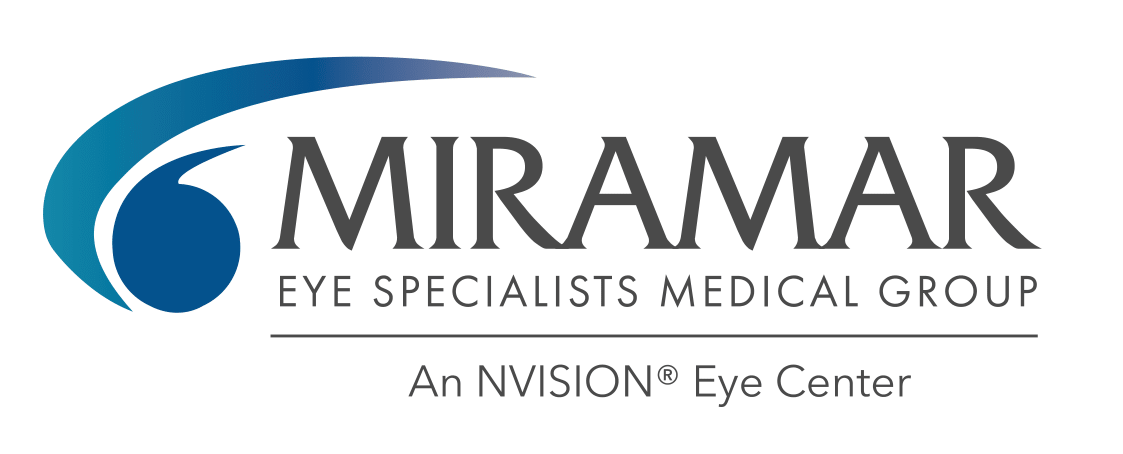Advances in eye treatments that avoid surgery
We wanted to look at the most recent advances in non-surgical eye treatments, that are being tested or are already hitting the market. What are the researchers looking for? In what areas the advancements in eye treatment science have been done?
Treatments with various eye drops and therapy are always preferred to invasive surgeries. Even if a surgery is relatively mild and success rates are high - its still a surgery, and could result in more complications than treatments with drugs or other alternative treatments.
A number of researches are trying several sterols for dissolving cataracts instead of removing them surgically:
Scientists think that nutrition can also help dissolve cataracts:
Diabetic retinopathy (DR) could lead to blindness if not treated. It could be treated with a laser. However a drug (Ranibizumab) has been tested successfully to be effective:
https://www.nlm.nih.gov/medlineplus/druginfo/meds/a607044.html
Gene therapy is being tested for treatments of various decease and medical conditions. Researches are also testing gene therapy to treat eye ailments. Treatment of a rare retinal disorder using gene therapy could become the first FDA approved such treatment, but this is just a beginning, more research is underway:
There are drugs that were developed for one decease and then successfully used for treatment of another. Currently HIV and AIDS drugs are being tested for Age-related Macular Degeneration (AMD). Currently AMD affects close to 2 million Americans. Antiviral drugs hold promise to reduce retinal inflammation related to AMD, however more research is necessary:
http://www.aoa.org/news/clinical-eye-care/hiv-aids-drugs-to-help-amd-therapy?sso=y
Researches are looking at nutrition, herbs and supplements for valuable agents that are able to treat eye conditions without surgery. Can a supplement treat diabetic retinopathy (DR)? Slow down in DR was detected with some forms of Vitamins B and D:
http://www.aoa.org/news/clinical-eye-care/can-a-supplement-fight-diabetic-retinopathy?sso=y
Category:



